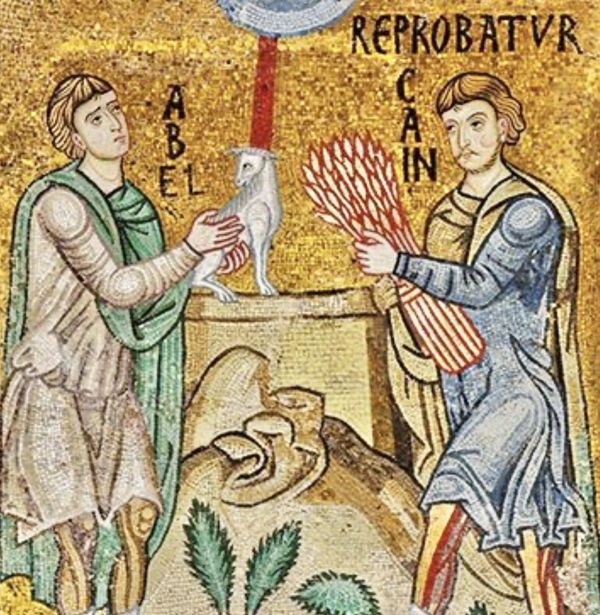Jesus' rebuke of the doctors of the Law recalls the persecution and killing reserved for the prophets sent by God.
The palm of martyrdom will speak for them, as will the responsibility of those who built their tombs, recalling that the blood shed will be called to account.
In the Sources we find passages that illustrate how Francis himself expressed himself regarding the persecution of his brethren:
"O brothers all, let us reflect carefully that the Lord says:
«Love your enemies and do good to those who hate you», since our Lord Jesus Christ, whose footsteps we must follow, called his betrayer a friend and offered himself willingly to his crucifiers" (FF 56).
And in the 21st chapter of the Regola non bollata we see that the Poor Man of Assisi also pronounces his "woe" concerning those who do works of darkness.
Indeed, we read:
"Woe to those who do not die in penance, / for they will be sons of the devil/ whose works they do" (FF 55).
It is aligned with the "woe to those who die in mortal sin" of the Canticle of Brother Sun (FF 263), testifying to those who do not enter and do not bring into the Kingdom of Heaven by their diabolical conduct.
Francis "artist and Master of evangelical life" as Celano defines him (1Cel 37) instead - like his friars - preferred to stay where there was suffering.
The Sources still attest:
"They loved patience so much that they preferred to be where there was persecution to be suffered than where, their holiness being known, they could enjoy the favours of the world.
Often insulted, vilified, beaten, stripped, tied up, imprisoned, they endured everything manfully, without seeking any defence; from their lips only a song of praise and thanksgiving came forth" (FF 390).
And Clare echoes him in her Testament:
"Blessed [...] are those to whom it is granted to walk in this way and to persevere in it to the end" (FF 2850).
Due to the fact that the persecutors will be asked to account for the blood of the prophets, the persecuted will not speak: the palm of martyrdom lived will say for them.
«I will send them prophets and apostles, and they will kill and persecute» (Lk 11:49)
Thursday, 28th wk. in O.T. (Lk 11:47-54)












